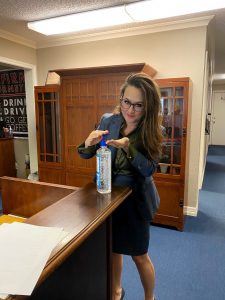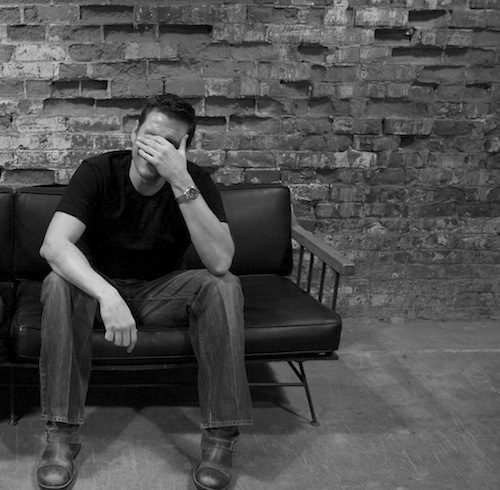Common Drivers License Questions When You Get a DWI
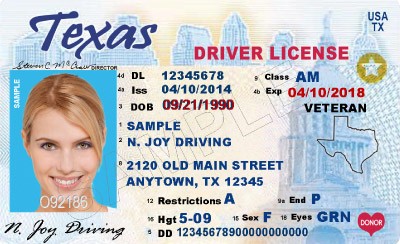
As if a DWI arrest wasn’t stressful enough, Texas also has an “administrative” proceeding where Texas DPS tries to suspend your drivers license! Because a DWI arrest triggers both a criminal and administrative process, the Coffey Firm’s DWI Lawyers in DFW will help with each process.
Here are some common drivers license questions The Coffey Firm has heard from it clients:
- I got a DWI! Is my license already suspended?!
-
- Luckily, the answer is ‘NO.’ After a DWI arrest you have 15 days to request an ALR (Administrative License Revocation) hearing. The Coffey Firm will take care of sending the request for you.
- If you performed a breath test or refused to give breath/blood, then the 15 days starts from your arrest.
- If you consented to a blood test, then the police should return your license to you while the results are pending. Once DPS processes the blood results, they will send you a ‘Notice of Suspension’ in the mail. You will have 20 days from this Notice to request an ALR hearing.
ALR (Drivers License Suspension) HEARINGS
- What happens when you request an ALR hearing?
- After requesting an ALR hearing, The Coffey Firm will receive a letter from DPS notifying them of the date of the hearing. We will contact you to let you know about the hearing and answer any questions you may have.
- It is important that you tell us what you remember about your arrest. If you thought you consented but the police report shows you refused, you may miss the opportunity for an ALR hearing. If we send the “wrong” type of request, DPS acts as if we never made a request at all!
- Until that hearing occurs, you can drive.
- After requesting an ALR hearing, The Coffey Firm will receive a letter from DPS notifying them of the date of the hearing. We will contact you to let you know about the hearing and answer any questions you may have.
- My ALR has been set for _______. Do I need to show up?
- You will not need to be present. We will appear on your behalf. The Coffey Firm will also handle requesting discovery and subpoenaing the arresting officer.
- What will my DWI Attorney do at the hearing?
- After analyzing the police report and the other discovery, The Coffey Firm will subpoena the arresting officer and have him appear at the hearing. At the hearing, your DWI Lawyer in DFW will ask the officer a bunch of questions. For example:
- Why they stopped you;
- Any signs of ‘intoxication’ they noticed (we always argue that the signs they notice can be due to a host of reasons other than intoxication);
- Whether the officer asked you to perform any Standard Field Sobriety Tests (SFSTs);
- What test they asked you to perform (breath or blood); and
- Whether the officer gave you a copy of the DIC-24 (Statutory Warning) before the officer requested breath or blood.
- After analyzing the police report and the other discovery, The Coffey Firm will subpoena the arresting officer and have him appear at the hearing. At the hearing, your DWI Lawyer in DFW will ask the officer a bunch of questions. For example:
-
- Some of the issues to address at the hearing depend on whether you gave breath/blood or refused.
- If you gave consent: One issue is whether the officer properly administered or observed the test. For example, we will ask the officer how much experience he has with the test.
- If you refused: One issue is whether you ACTUALLY refused the request for breath or blood. For example, we will ask the officer how you responded to the request. If you responded that you would submit to one test but not the one requested, your DWI Lawyer in DFW will argue that you did not truly refuse.
- Some of the issues to address at the hearing depend on whether you gave breath/blood or refused.
- What is the length of the license suspension?
- If you gave blood or breath voluntarily: Your license will be suspended for 90 days (first offense) or 1 year (subsequent offenses).
- If you refused: The license suspension is 180 days (first offense) or 2 years (subsequent offenses).
COMMERCIAL DRIVERS LICENSES (CDLs)
- I have a Commercial Drivers License. Does my DWI have any impact on my ability to do my job?
- Unfortunately, the answer is yes. Even a simple DWI arrest can be life-changing if you rely on a CDL to make a living.
- If your license is suspended as a result of the ALR process or as part of a DWI conviction, your CDL will be suspended for 1 year (for a first offense) or for life (if a second or more offense).
- Even with a dismissed criminal case, a second (or more) ALR suspension will also mean losing your CDL for life. (Tex. Transp. Code § 552.081)
- My DWI was in my personal vehicle. So, DPS can suspend my CDL even if I wasn’t driving a commercial vehicle?
- Unfortunately, yes. Even if your DWI was unrelated to your employment, DPS may still suspend your CDL.
OCCUPATIONAL DRIVERS LICENSE (ODL)
- My drivers license is suspended! What do I do now?!
- The Coffey Firm can petition the court to grant you an ODL. There are two kinds of ODLs.
- You will need a ‘Civil ODL’ If your license was suspended as a result of the ALR process or if there was no ALR hearing. There are some restrictions for a Civil ODL:
- You must maintain a logbook of mileage, destination, and time.
- You must attend AA meetings
- If this is not a first offense, you may need to have an ignition interlock installed in your vehicle.
- You will need SR22 insurance for the length of the suspension.
- In most counties, you may not drive more than 12 hours a day.
- You will need a ‘Criminal’ ODL if your license suspension was a result of a conviction or plea. This type of ODL is somewhat less restrictive than a Civil ODL.
- You must have an ignition interlock installed in your vehicle even if not required as part of your plea.
- You will need SR22 insurance for the length of the suspension and for two years from the date of conviction.
- You will need a ‘Civil ODL’ If your license was suspended as a result of the ALR process or if there was no ALR hearing. There are some restrictions for a Civil ODL:
- The Coffey Firm can petition the court to grant you an ODL. There are two kinds of ODLs.
- If I get an ODL, can I continue to drive my commercial vehicle for work?
- Unfortunately, the answer is no. You are unable to get an ODL to drive a commercial vehicle.
More about Mimi Coffey
When people look for a Top DWI Lawyer or Best DWI Lawyer, they look for experience, certification, and respect in the legal community. Mimi Coffey is a nationally-renowned trial attorney, board-certified in DWI by the NCDD. She has been practicing for over 24 years and is an author of multiple DWI Defense textbooks. She is also a national and state-wide lecturer on the law.
The Coffey Firm handles a wide variety of cases, including Unlawful Carrying Weapon (UCW), Assault (including family violence), Theft and Possession charges.
Mimi is also listed on several “top” directory listings such as DWI Lawyers for Wise County, DWI Lawyer Tarrant County, DWI Lawyer Dallas County, DWI Lawyer Collin County and DWI Lawyer Parker County. Mimi is a caring DWI Lawyer in DFW, She is also involved in the Texas Tech School of Law foundation and enjoys using the skills she has developed to give back to the community.


 Oh no! I Screwed Up My Probation! What Do I Do?
Oh no! I Screwed Up My Probation! What Do I Do? Will I go to jail for a probation revocation?
Will I go to jail for a probation revocation?




 Texas Writs of Habeas Corpus (How do I bond someone out of jail? Do I need to get writ?)
Texas Writs of Habeas Corpus (How do I bond someone out of jail? Do I need to get writ?)
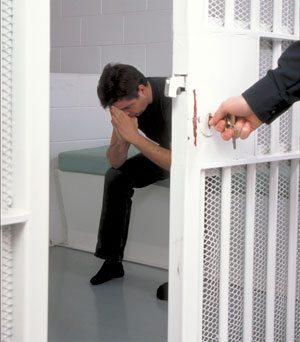 Why are Writs of Habeas Corpus important?
Why are Writs of Habeas Corpus important?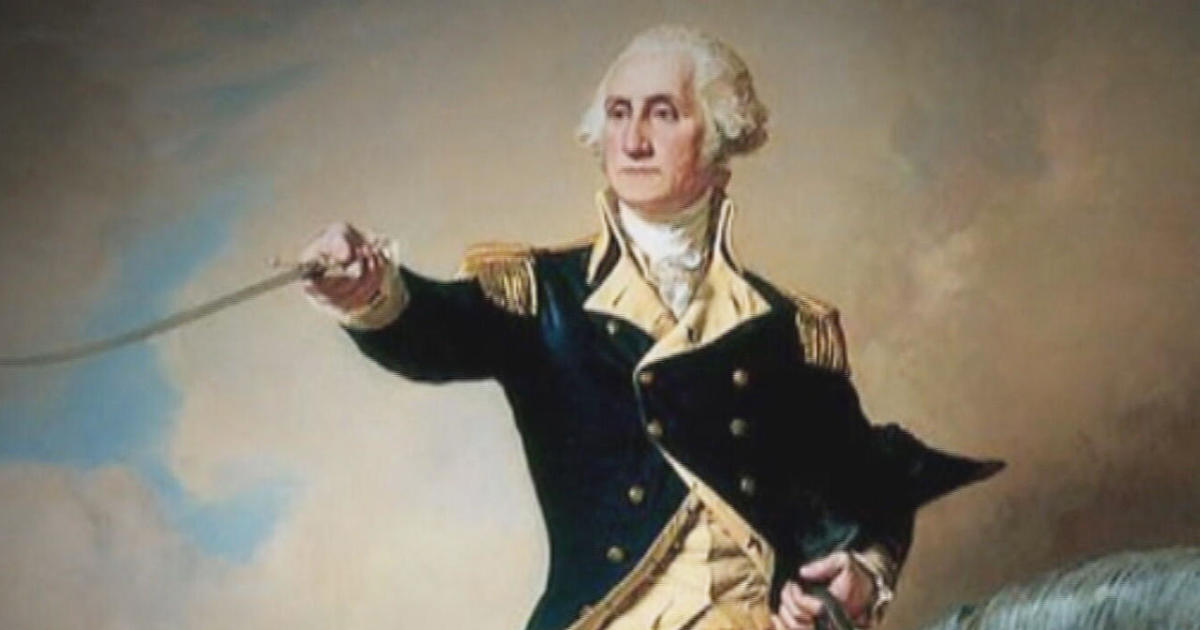

 Texas Penal Code section 12.50 provides that penalties increase for certain offenses when committed during a state of emergency. Due to the unexpected outbreak of Covid-19 (Coronavirus), we are currently in a state of emergency! When the President of the United States or the Governor declares a state of emergency, this provision goes into effect. Texas Governor Abbott declared the Coronavirus a state of emergency on March 13, 2020 (
Texas Penal Code section 12.50 provides that penalties increase for certain offenses when committed during a state of emergency. Due to the unexpected outbreak of Covid-19 (Coronavirus), we are currently in a state of emergency! When the President of the United States or the Governor declares a state of emergency, this provision goes into effect. Texas Governor Abbott declared the Coronavirus a state of emergency on March 13, 2020 (